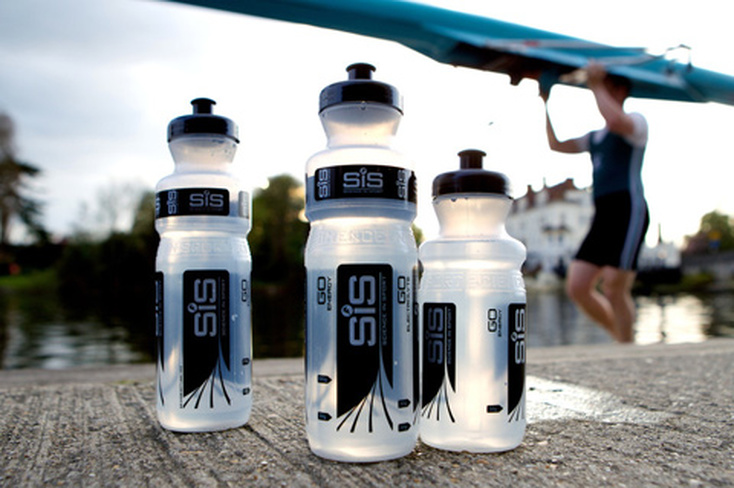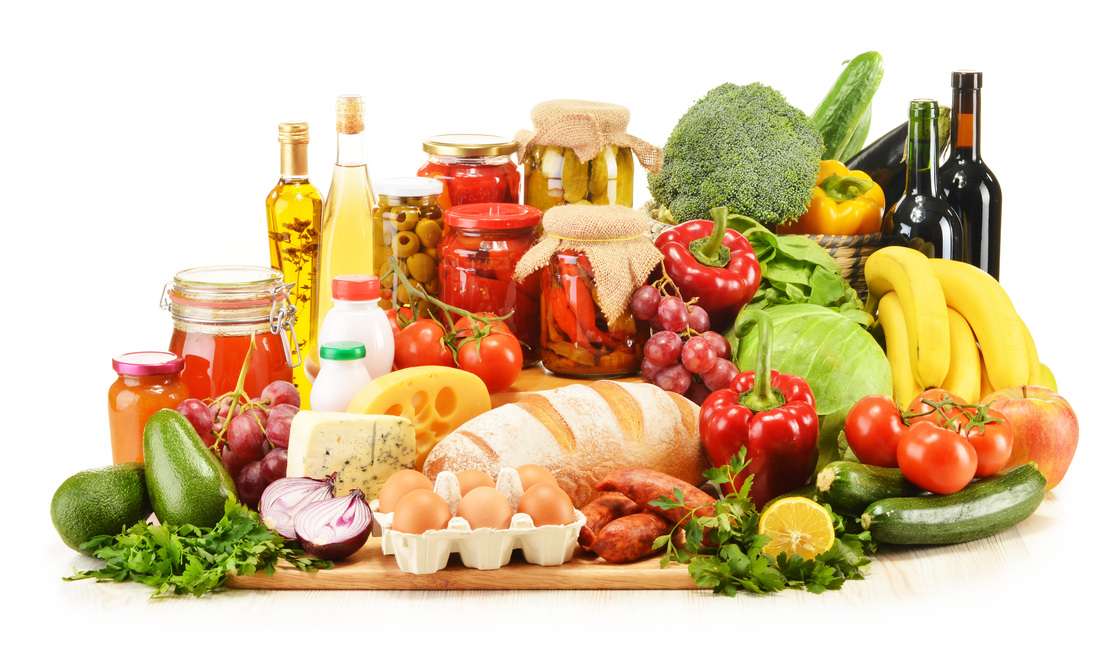"Just to be clear, no one can prevent injuries, but we can reduce the overall number of injuries significantly". The human body is a marvelously designed machine. It was literally made to adapt and respond to all types of stress. If we stress the body within its limits, and allow it time to recover, the body will adapt and improve. Therefore, if we can do more to speed up our recovery time, we will be more likely to improve, and less likely to end up without a seat. The following 3 topics are the easiest ways to increase your recovery time, and in-turn, reduce your chance of injury. 1) Sleep “To function at full capacity, most athletes require about 10 hours of sleep per day, a portion of which usually takes the form of naps”(1). Athletes who sleep less than 8 hours per night have a 1.7x greater risk of being injured (2). Recommendation: Aim for 8-10 hours of sleep per day. 2) Hydration "Proper hydration has been shown to improve performance by up to 25%". Dehydration compromises the bodies ability to resist disease & injury. Dehydration of only 3% is associated with a 10% loss in strength. Recommendation: Try and drink 50%-100% of your bodyweight in ounces of water daily. Read more about hydration here: http://www.rowingstrength.com/blog/hydration-for-rowers 3) Nutrition "Rowing can completely deplete glycogen stores within just one 3 hour practice". We need to replenish what we lost from exercise, including glycogen stores and muscle protein breakdown. Nutrition can also influence the amount of inflammation within the body for better or worse. Although there are times when inflammation is appropriate, an excess can slow recovery. Proper nutrition will speed your recovery between workouts, helping you perform better, and reducing your chance of injury.
Recommendation: Consume easy to digest carbs and protein before, during, and immediately after practice. Consume slow digesting carbs, protein, and fat at all other meals. Do not attempt to go low carb! That diet trend has no business with rowers! When glycogen stores are inadequate, muscle recovery is slowed. Example Pre-training & During Training: Orange juice, water, and whey protein mix Example Immediately After: Chocolate Milk Example Post-Training Meal: Grilled Chicken, Sweet Potatoes, Spinach Salad References: 1) Bompa, T. & Buzzichelli, C. (2015). Periodization Training for Sports. Champaign, IL: Human Kinetics 2) Milewski et al. (2014). Chronic Lack of Sleep is Associated With Increased Sports Injuries in Adolescent Athletes. Journal Pediatric Orthopaedics.
0 Comments
Leave a Reply. |
Author
Blake Gourley holds a Masters of Science in Sports Performance Training and has over 12+ years of experience working with rowers. Read more Categories
All
Archives
August 2023
|




 RSS Feed
RSS Feed